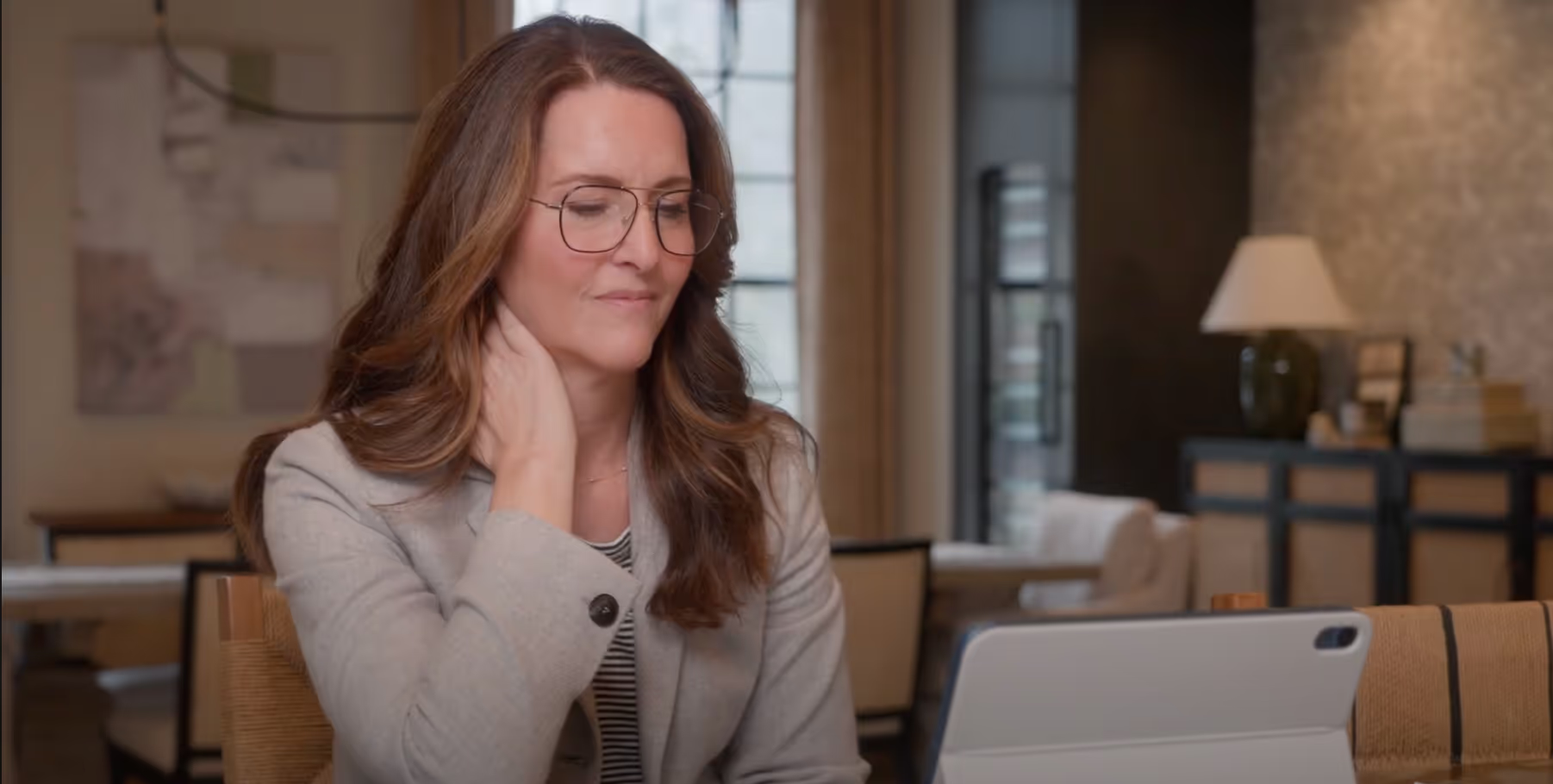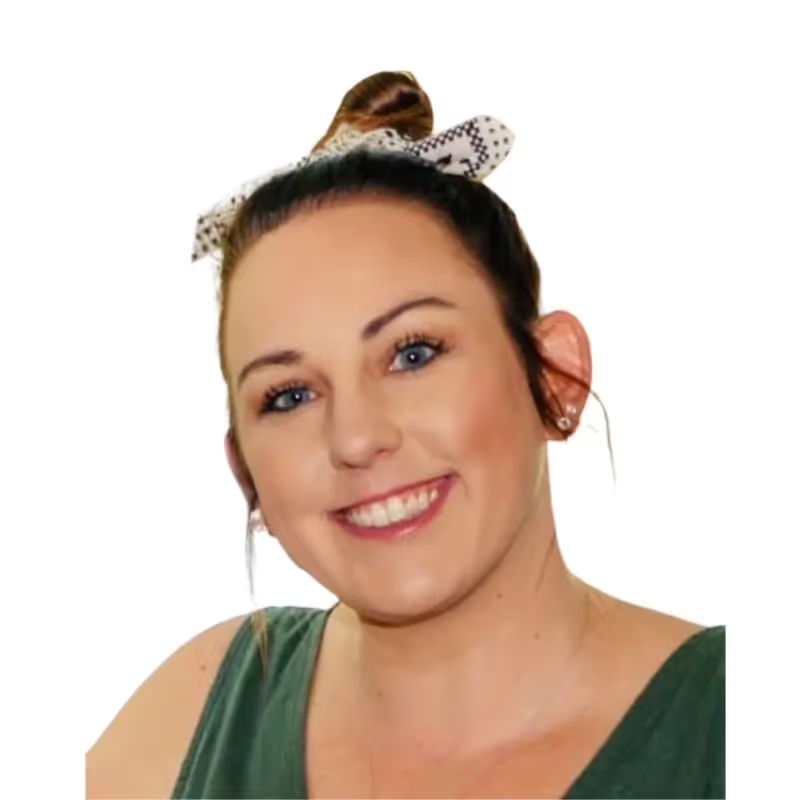
In 2010, I was a freshly minted Neurologist, two years out of my residency and fellowship training at The Mount Sinai School of Medicine in New York City. After those four years in Manhattan, I thought moving back to Brooklyn to begin my career as an attending would be a breeze. I was wrong.
It was an April morning when I met Mr. R. I was on call and I met him in the ER. He came in for a pinched nerve. His foot was very weak and his leg was twitching and maybe his speech was a little “off”. Needless to say, he didn’t have a pinched nerve. Over the next few months, his weakness progressed and he eventually was homebound.
Although I was trained as a Neuromuscular specialist, we did not have an ALS Center at the hospital to which Mr. R was admitted. That roadblock aside, my tool kit was in my head and embedded in my neurons; I trained with some of the best ALS physicians in the country. I was going to be able to help Mr. R, right?
He couldn’t come to my office due to mobility issues, he had no insurance and was now with only one young niece and no access to care. House calls were not allowed at my institution.
So I called my medical assistant and I said, “Do you want to take a ride across Brooklyn with me to see a friend of ours?” (wink wink). She was game so we made the first of many “NOT a house call” visits to Mr. R’s home until we were able to find a social worker who was able to work her magic to provide transportation, home therapy and access to meds. This was my wake up call.
This is when I came face-to-face with how important access to quality care is to ALS patients and how too many patients do not have that access.
This was what I have come back to time and time again over the years as I forged ahead as a more seasoned neuromuscular specialist.
Four years later, my colleague and I were able to craft a neuromuscular clinic with a focus on ALS at the New York University – Brooklyn campus (formerly Lutheran Medical Center). It was bare bones at first but it gave patients the expertise they needed in an area of Brooklyn that was essentially devoid of it.
When I had to move to the outer borough of Staten Island with my husband and two daughters, my partner at the time, who was the director of Neuromuscular disease, was beginning to build another ALS clinic from the ground up, where I had the privilege of co-supervising the clinics. Again, access to care was seriously lacking and the memory of Mr. R was my driving force. This clinic, although in its inception, was larger and multidisciplinary. I now had a full cohort of therapists with me. Radicava was on the horizon to add to our lone Riluzole. We had a strong team in one place BUT for only one day a month.
Six years later brings us to 2022 when I found Synapticure. Mr. R, we’ve arrived at the next level: A virtual space giving ALS patients access. Access to an at-home care team whenever they need us and for times when they cannot access their local ALS Centers. Access to education–education about the latest data, studies, trials, medications and nutraceuticals. Access to referrals, prescriptions and refills, insurance navigation, genetic testing and counseling, and beyond.
Most of all, though, we give access to our time: as physicians, care coordinators, medical assistants, billers–you name it. TIME. Time to give patients so that they may have more of it. We take our time to treat, to educate and, most of all, to give hope.
A quote that comes to mind is from Edward Livingston Trudeau, the founder of a tuberculosis sanitarium in NY: “To cure sometimes, to relieve often, to comfort always”. May the second word of the first phrase be soon on our horizon.
In good health, good spirits and with much love and light, Danielle.
In loving memory of Mr. R, my forever impetus.
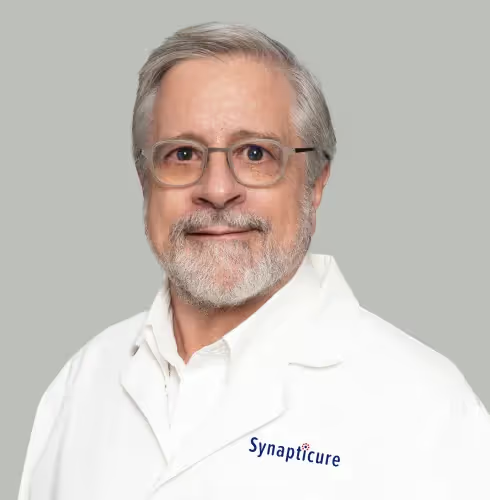
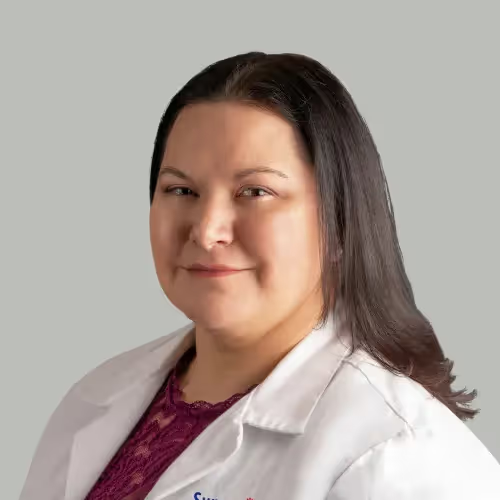
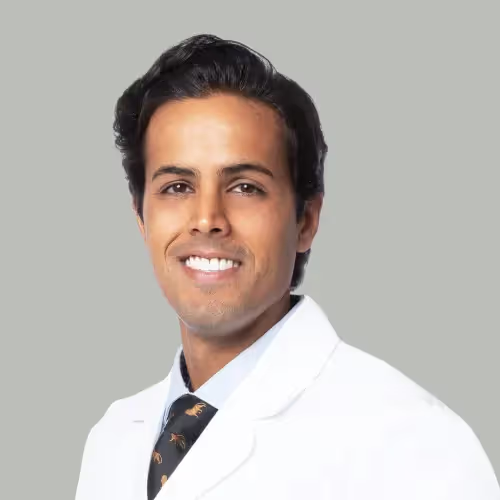


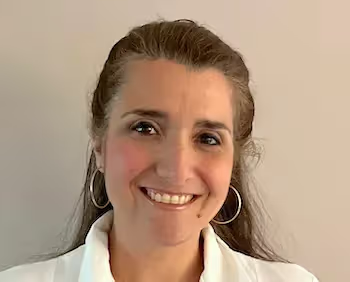
.avif)



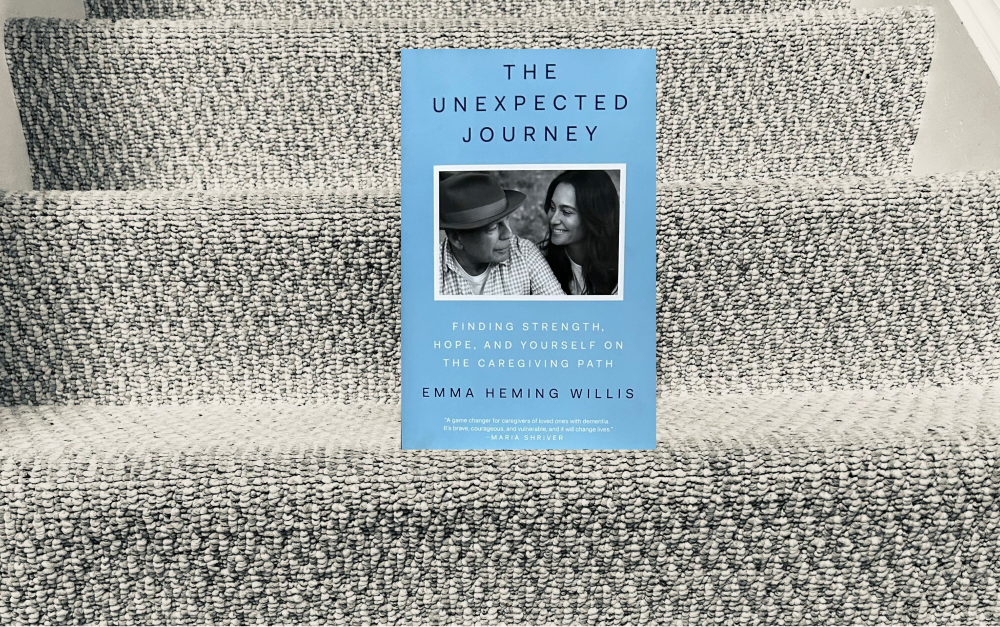
.png)
